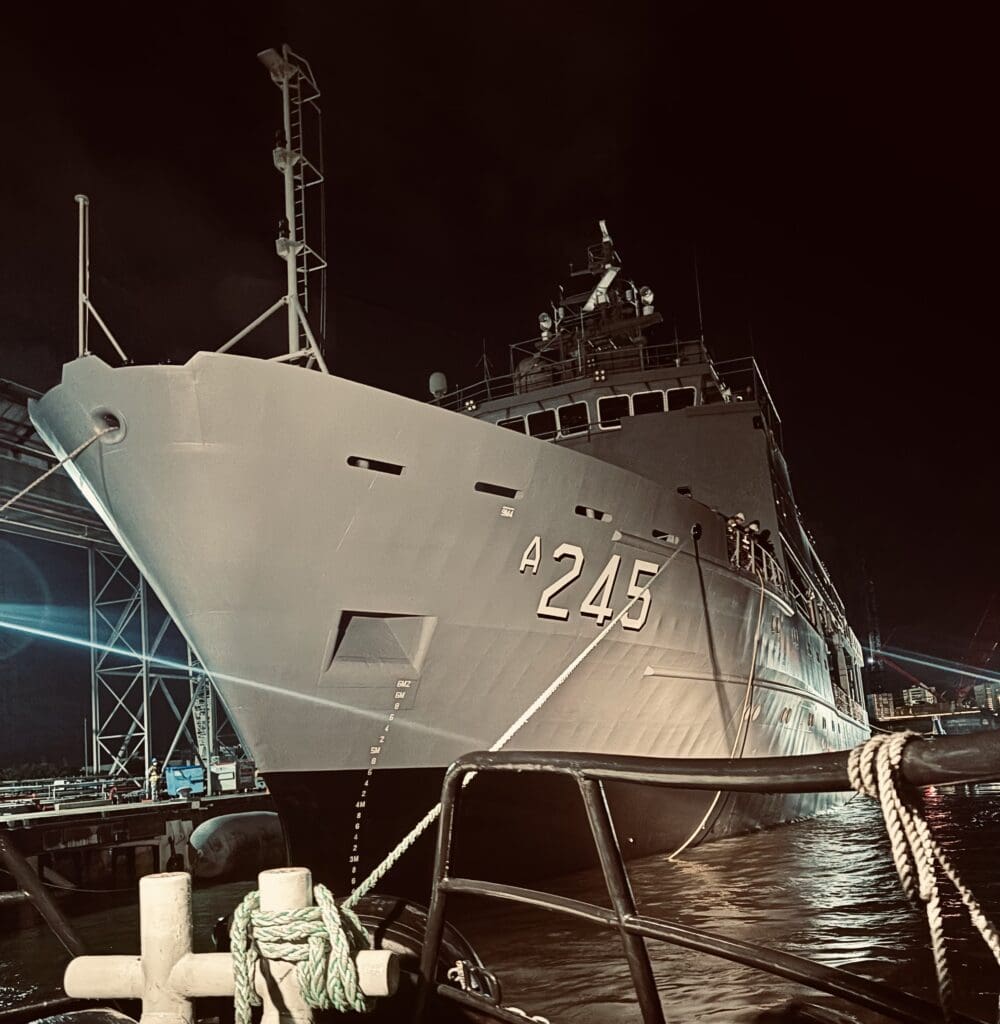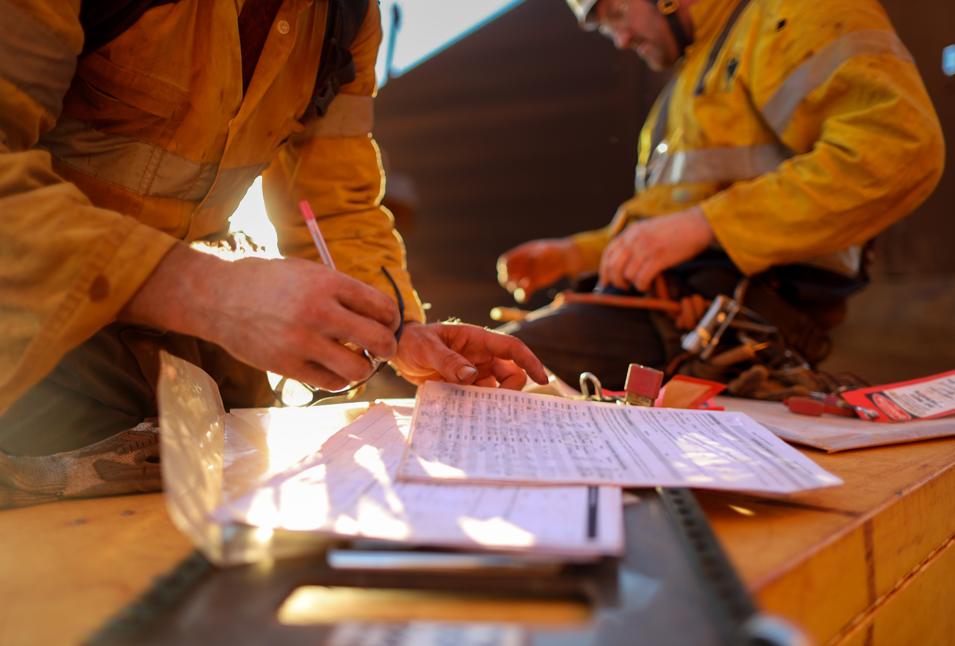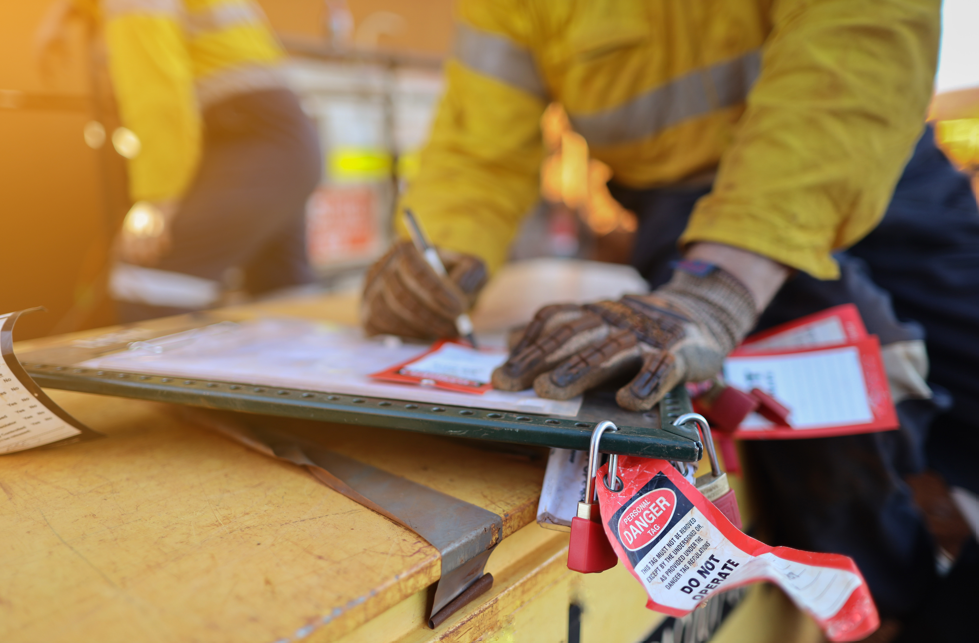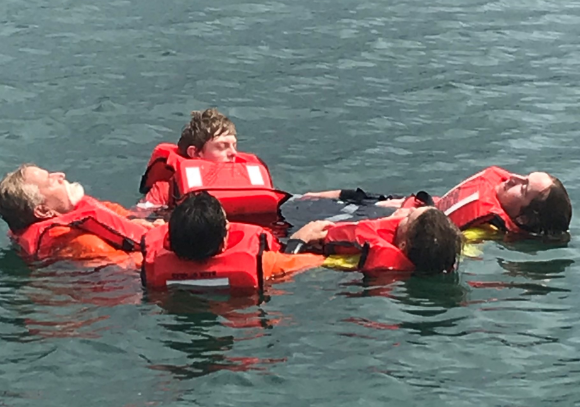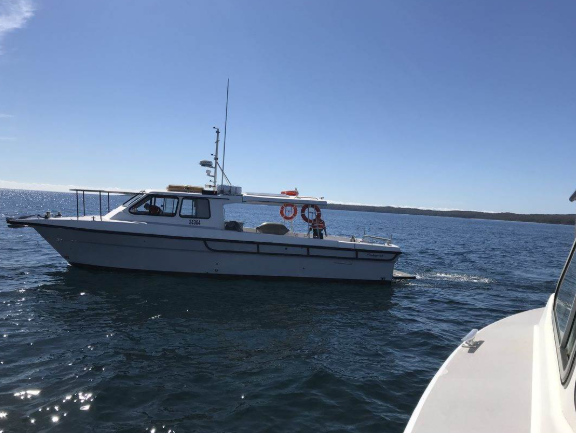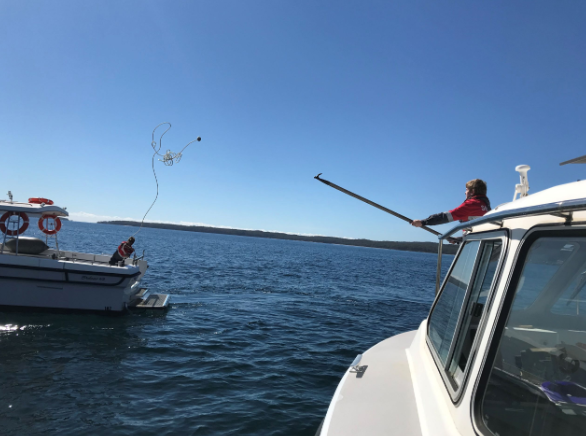If you are experiencing difficulty with any assessment item, our team is available to provide support. Please contact us via email and include your preferred contact number and the best time to reach you. A member of our team will be in touch shortly.
